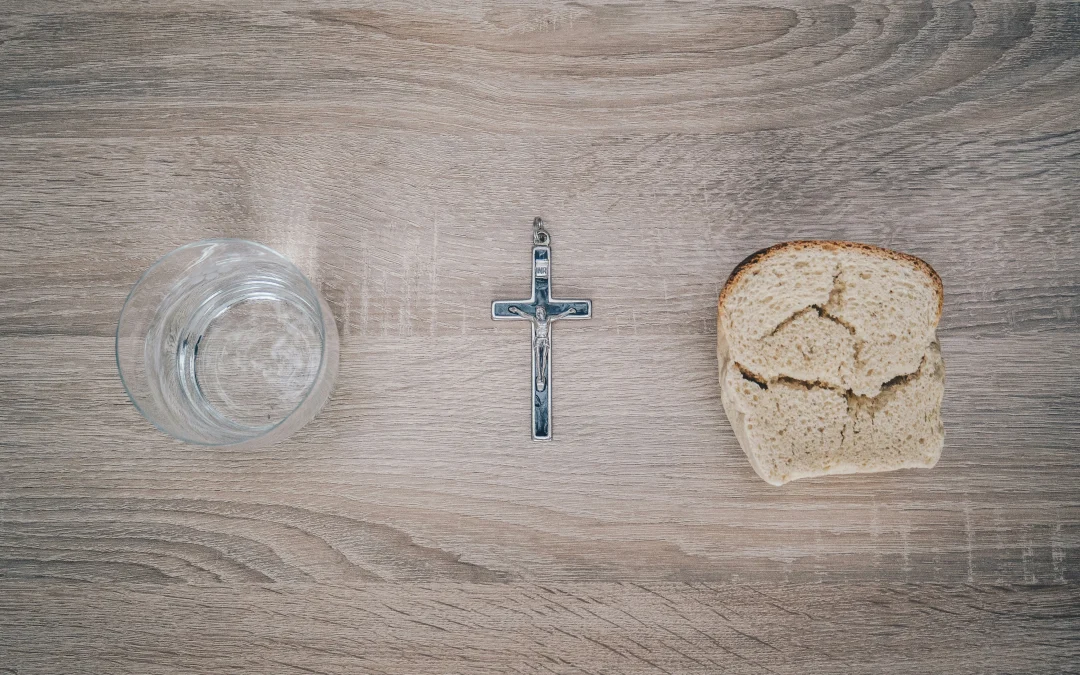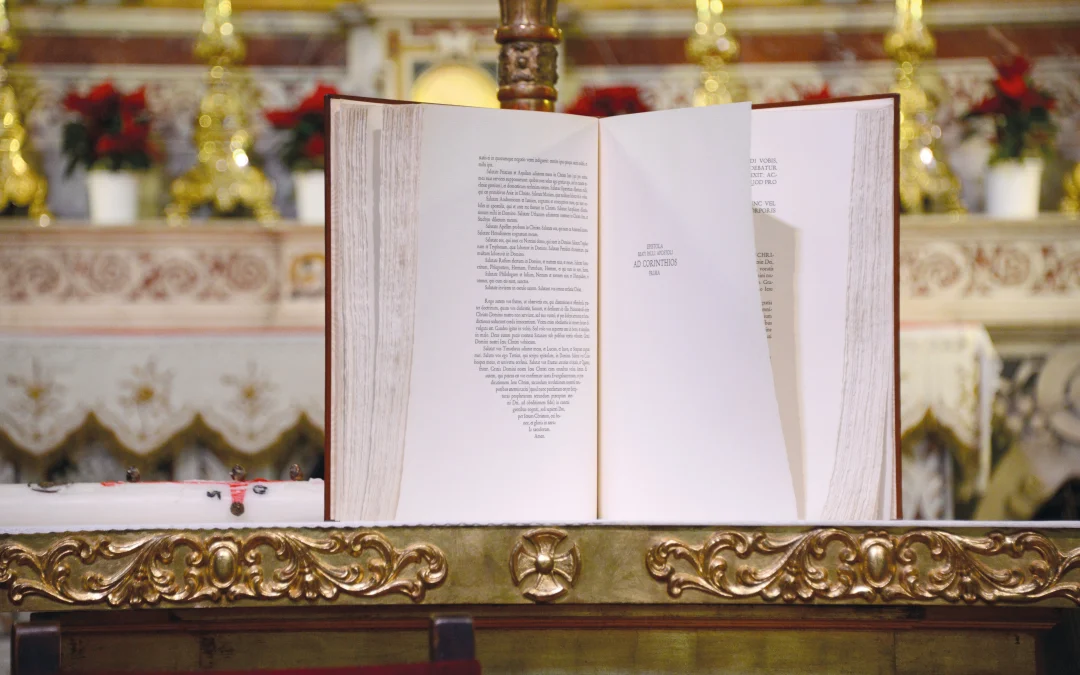Some saints were famed in their day; others lived humble lives of duty. When St. Claude La Colombière died, all the chronicler wrote of him was that “there was nothing worth noting to be recorded.” Yet the holiness of his private writings, and the guidance he gave a chosen soul, gained him the laurels of sainthood after death.
St. Claude was born outside Lyon, France, on February 2, 1641. His family was deeply religious: out of the five children who survived childhood, four become religious, and the one who married lived like “a monk remaining in the world.” At the age of 17, he joined the Jesuits. It was after his final vows in 1675 that he was sent to the town of Paray-le-Monial, where he met St. Margaret Mary, whose confessor and promoter he became.
A year after meeting her, though, his life took a missionary turn, as he was sent to England to be a preacher to the Duchess of York, a Catholic. It was in this Anglican, anti-Catholic milieu that his preaching became famous. But his time there was short: during the “Papist Terror” of 1678, he was arrested and exiled for the crime of being a Jesuit. The prison stay worsened his poor health, and he withdrew to a quiet apostolate as a director of novices; during a stay in St. Margaret Mary’s town, he finally succumbed to illness on February 15, 1682.
Though many of St. Claude’s sermons were preserved, it was his private writings that were first published after his death. His Spiritual Retreats record his experience of St. Ignatius’ Spiritual Exercises during his Jesuit training, his Journal and his letters reveal his day-to-day spiritual journey, and his Christian Reflections show how he applied his spiritual experience to topics of everyday life.
In St. Claude, we find a saint who wrestled his own sin and the sinfulness of the world, but who embraced the divine mercy flowing from the Savior’s heart. St. Claude’s feast day is February 15, the date of his death.
Five Quotes from St. Claude La Colombière
- One must be a saint in order to make saints.
- A man who is well submitted to God is like a good instrument in the hands of God.
- The use of the Holy Sacrament is like friendship: it is preserved by frequent sight and conversations … fault comes not from your Communing too often but from your Communing badly.
- The happiness of the saints … consists in this: that they are no longer what we are.
- Earth is the exile, or, rather, the gallows, where the saints suffer; heaven is their fatherland and their house of pleasure.
Image: https://en.wikipedia.org/wiki/Claude_La_Colombi%C3%A8re











